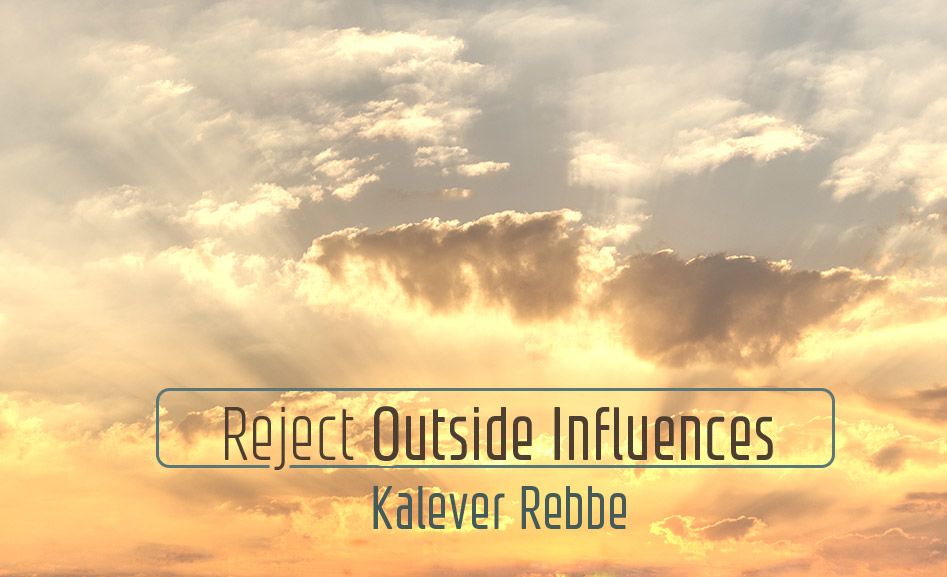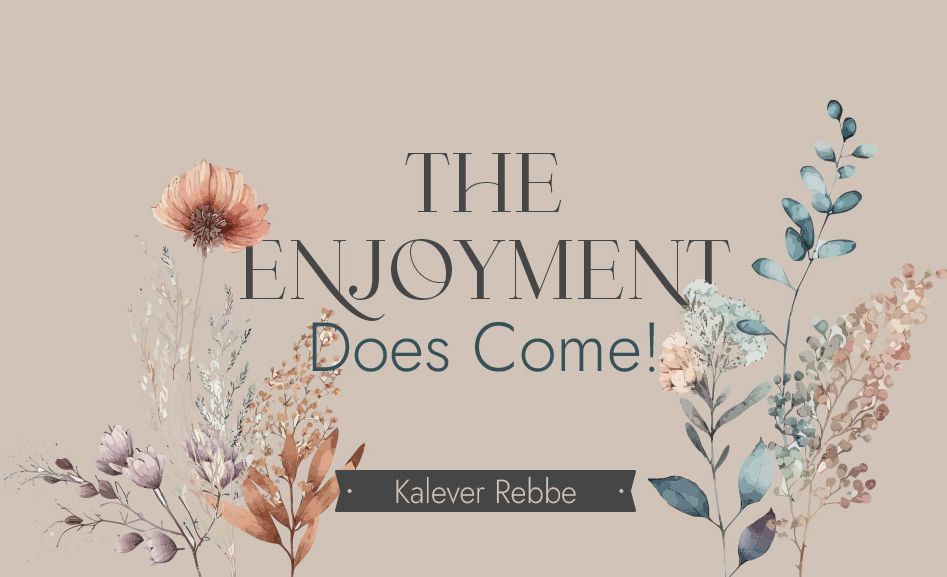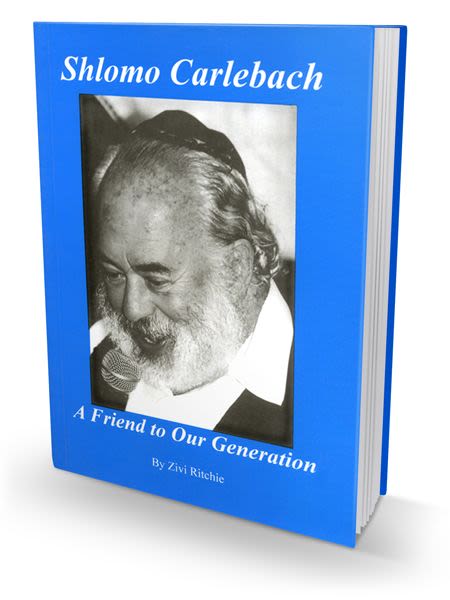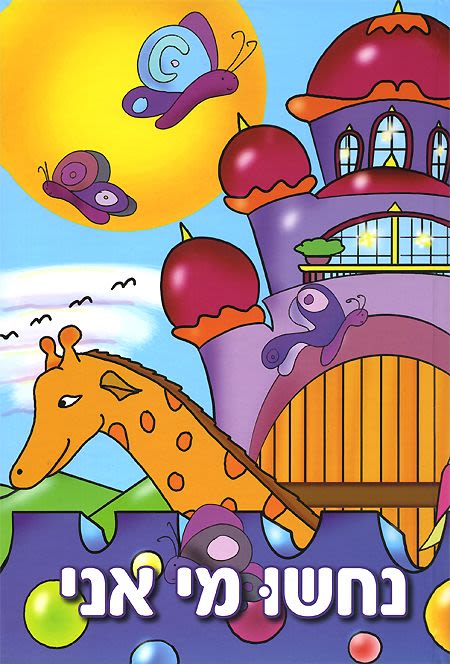
Living in Peace
Good character preceded the Torah. The main aspect of Divine service is extra caution in fulfilling the commandments between man and fellow human.

Translated by Rabbi Lazer Brody
After one of my lectures in a yeshiva, a young man approached me and told me that he was suffering terribly. I was surprised – usually, young people are happy and effervescent. Something is wrong if an eighteen-year-old is suffering. He told me that he is a newly observant Jew – a baal teshuva. He said that he listens to my lessons and engages in daily personal prayer. He even made a list of all his transgressions and repented for each one, but he's still suffering. I asked him if he insulted or harmed anyone. He answered, "When I was young, I had a teacher whom I tormented and caused terrible anguish."
"That's exactly the reason that you suffer," I told him. Until the teacher forgives you, nothing I do will help you."
The young man said, "I don't know how to reach him." I told him to make an effort and pray, and with Hashem's help, he'd be able to contact him.
This is a message to all young people who think that teachers are free game for ridicule and abuse: whenever a person harms anyone else, he incurs a spiritual debt that sooner or later must be paid. This debt will pursue him all his life until he rectifies it. Therefore, he must do everything to locate the injured party and apologize. The wrongdoer must also ask Hashem's forgiveness for harming His children. No fasts or self-flagellation can atone for hurting another person, only apologizing to and placating the victim.
Our sages teach that a measure of good is much stronger than a measure of evil. Therefore, one who helps another person merits tremendous blessings and abundance, just as one who harms another person incurs a spiritual debt that he'll have to pay. Every time a child causes anguish to a parent, the  child incurs debts that pile up. Even if the parent forgives, and Hashem in turn forgives, the misdeed leaves an impression on the soul that could have future ramifications, so it's best to be careful and avoid saddening anyone, especially parents. A sin that's forgiven resembles a rip in a garment that was sewn up – even though the garment is no longer torn, there's still a sign from the mending, just like a scar on a wound that healed.
child incurs debts that pile up. Even if the parent forgives, and Hashem in turn forgives, the misdeed leaves an impression on the soul that could have future ramifications, so it's best to be careful and avoid saddening anyone, especially parents. A sin that's forgiven resembles a rip in a garment that was sewn up – even though the garment is no longer torn, there's still a sign from the mending, just like a scar on a wound that healed.
We all must remind ourselves daily that good character preceded the Torah. The main aspect of Divine service is extra caution in fulfilling the commandments between man and fellow human. The Creator gave us the Torah so that we'd act like human beings, resembling the Divine image. I've said it before and I'll repeat it over and over: Hashem did not need to create the world for the commandments between Him and mankind. The reason He sent our souls down to this physical world is so that we would learn to fulfill the commandments that govern relationships between man and fellow human, such as loving your neighbor as you love yourself. For this, we received the Torah and these commandments are the heart of Torah.
Rabbenu Asher the "Rosh" wrote in his elaboration of the Mishna in tractate Peah that, "The Holy One blessed be He desires the mitzvoth that do the will of society even more than He desires the mitzvoth between man and his Creator." Hashem wants the world to be populated with people of reason and common sense who are able to properly interact with others. Once people get along with each other, and they are truly people with common sense, they'll readily cast away their idols of gold and silver and turn to the Almighty in true faith. This depends on the level of peace in each generation – the more people live in peace, the more they will be able to explain the truth to one another. As a result, says Rebbe Nachman of Breslev (see Likutei Moharan I:27), people will cast aside the lies they live by and adopt the truth, thereby strengthening their belief in the Creator.
As such, the final blessing in the Amida prayer, which we say three times daily is the blessing of peace, is one in which we appeal to the Almighty to bless us with peace. The Creator surely desires peaceful relationships among people characterized by unity and brotherhood. No parent wants to see anyone harm his child. The Creator is certainly a loving Father; He therefore commands that His children properly respect one another and treat each other admirably and with peace.











Tell us what you think!
Thank you for your comment!
It will be published after approval by the Editor.